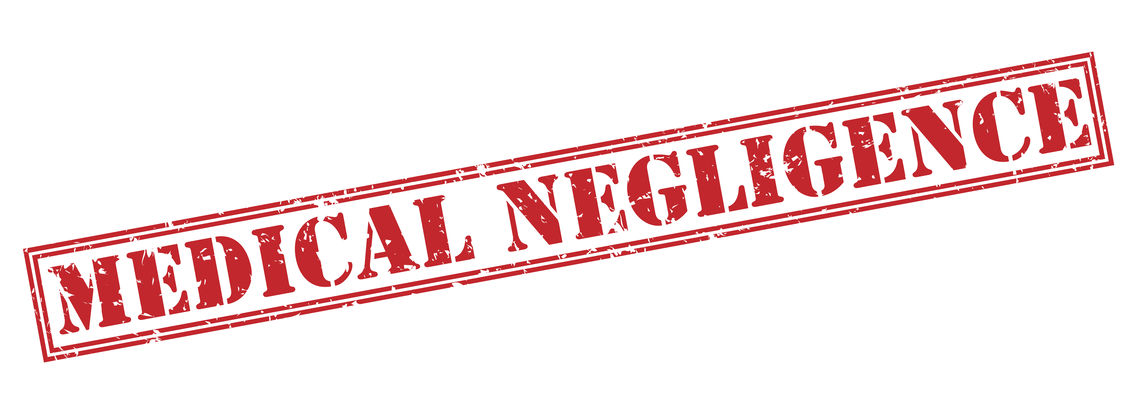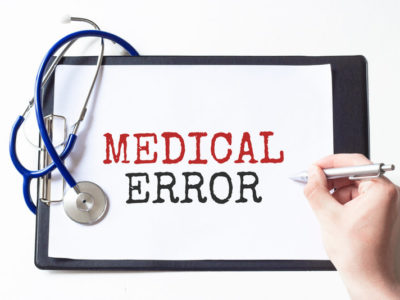

When Can I Sue a Hospital for Medical Negligence?
If you or a loved one was injured at a hospital because of negligence, you may be wondering if it is appropriate to sue for negligence to recover damages. Specifically, when is it appropriate to sue a hospital for negligence versus an individual medical professional?
First, let’s define medical negligence
Medical negligence is the fault theory used in most medical malpractice cases. It has occurred when a medical professional performs their job in a way that breaks their duty of care by deviating from the accepted medical standard of care. Medical negligence qualifies as medical malpractice when the medical professional’s negligent conduct causes injury to the patient.
When can I sue a hospital for medical negligence?
A medical negligence claim must meet four criteria: duty of care, breach of duty of care (negligence), injury and damages. Once duty of care is established, a medical malpractice attorney will look to see if negligence can be proved. There are certain circumstances when a hospital may be liable for medical negligence:
- Under the legal Doctrine Respondeat Superior, an injured party may bring a legal claim against a hospital if they were harmed by a hospital employee. If a hospital employee, which typically includes nurses, medical technicians and support staff, acts negligently while doing something job related and causes harm to a patient, the hospital may be liable. Note that many physicians are not direct employees of hospitals in the United States, but rather independent contractors, so a malpractice suit involving negligent treatment by a physician would typically not be brought against a hospital. It can be complicated if a hospital employee commits malpractice while under a physician’s supervision and for people who receive care in the emergency room.
- If it can be proved that the hospital knowingly kept an incompetent or dangerous doctor on staff or provided staff privileges to an unfit independent contractor, they may be liable for negligent care resulting in injury.
- If an infection or other injury occurred because of unsanitary or unsafe conditions in the hospital, it may be appropriate to sue the hospital for negligence.
- If defective hospital equipment caused harm or death and the hospital knew that their equipment was defective, the person or their family may be able to pursue a medical malpractice suit against the hospital.
- If any of the above situations is true and if the injury occurred within the statute of limitations, a claim may still be brought against a hospital. The statute of limitations is the amount of time that an injured party has to bring a malpractice claim. In most cases, the statute of limitations is three years in Washington State.
This is not meant to be a comprehensive list. In order to know whether it is appropriate to sue a hospital for negligence, it is important to seek the legal guidance of an experienced local medical malpractice attorney.
Seek the help of a medical malpractice attorney
If you were injured because of medical negligence or lost a loved one due to a preventable medical error, you have enough to deal with. Let an experienced medical malpractice attorney fight for justice on your behalf. It is not uncommon to receive a settlement from the insurance company that is five to ten times larger with the help of a medical negligence lawyer. Call the most experienced practicing medical malpractice attorneys Bellingham has at Tario & Associates, P.S. today for a FREE consultation! We have been representing people injured by medical negligence in Whatcom County, Skagit County, Island County and Snohomish County since 1979. You will pay nothing up front and no attorney fees at all unless we recover damages for you!




